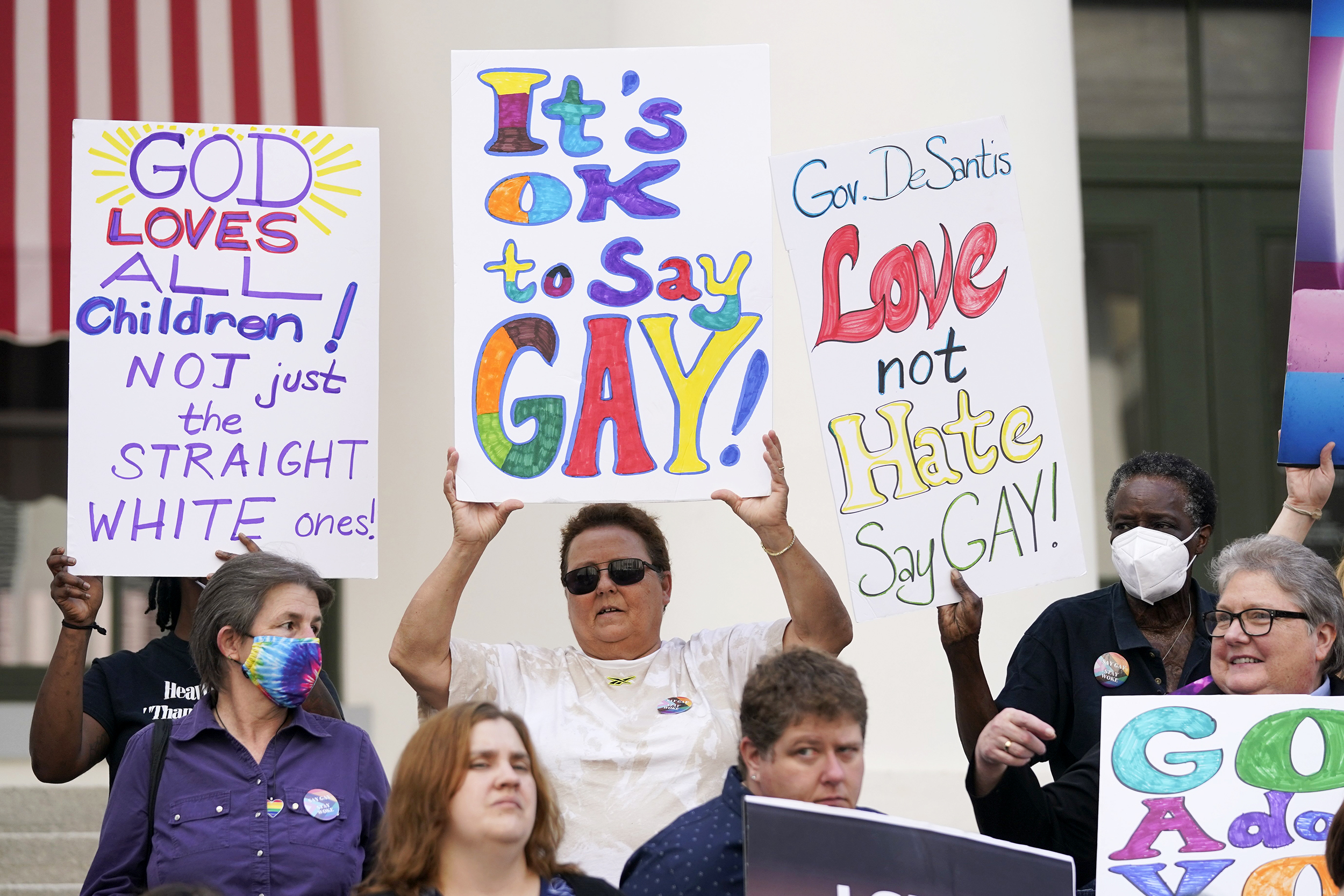Rebecca Cassel-Siskind ‘26
Contributing Writer
A version of Florida’s Parental Rights in Education bill, or what has been referred to as the “Don’t Say Gay” bill has just been introduced by the Congressional Republicans. On Tuesday October 18th, thirty-three Republican members, including Representative of Louisiana Mike Johnson, announced the Stop the Sexualization of Children Act of 2022. This would stop federal funds that would “develop, implement, facilitate, or fund any sexually-oriented program, event, or literature for children under the age of ten, and for other purposes.”
This act says, “sexually oriented material” as “any depiction, description, or simulation of sexual activity, any lewd or lascivious…
Here
…depiction or description of human genitals, or any topic involving gender identity, gender dysmorphia, transgenderism, sexual orientation, or related subjects.” This new bill would influence all federally funded facilities including programs such as military bases, hospitals, public libraries, and public schools.
Some have claimed the bill is a version of Florida’s recently authorized Parental Rights in Education law “on steroids.” LGBTQ+ advocates call the bill the “Don’t Say Gay” bill because it blocks “classroom instruction by school personnel or third parties on sexual orientation or gender identity.” Governor of Florida Ron DeSantis signed the bill in March of this year. Republicans emphasize that it only applies through students in third grade, but those who oppose the law say the “age appropriate or developmentally appropriate” clause is too arbitrary while some other opponents say the bill could open teachers of all grades to threats of lawsuits from parents and guardians if they deem their children too young to be learning about sexual orientation or gender identity.
LGBTQ+ advocates say the law condemns LGBTQ+ members and families, adding to the disproportionate rates of bullying and harassment that occur in schools toward people identifying with the LGBTQ+ community.
Transgender rights activist Alejandra Caraballo, who is also a clinical instructor at Harvard Law School’s Cyberlaw Clinic, responded on Twitter to a post from Johnson saying, “Equating LGBTQ people to sexually explicit material is dehumanizing and disgusting. Let’s call it what it is, a national ‘Don’t Say Gay’ bill.” Some say that the bill would go further than Florida because its affects would go beyond just classrooms, institutions, programs, and events that receive federal funding or take place on federal property.
People that both support and oppose the bill are turning to Twitter to express their feelings towards it being enacted. One person voices her thoughts about the new legislation, she posts “Much misreporting on this bill. It is NOT a ‘national don’t say gay bill’. Don’t say gay/trans was only applied to school instruction. This goes beyond that: Focuses on exposure, bans ALL federally funded ‘exposure to transgenderism’, includes hospitals, unis, counselors.”
This bill is not the first of its kind. Over the last few years, there has been a wave of new legislation that characterizes LGBTQ+ people and ideologies as sexual. Some Republicans have said that exposing children to things like drag shows and drag performers is considered a form a sexual “grooming.” This is an overarching topic that creates a false moral panic about LGBTQ+ people.
Blaine Conzatti, the President of the conservative Idaho Family Police Center, told the Idaho Capital Sun that state representatives were going to introduce a bill in January to completely ban drag performances in all public venues throughout Idaho. Conzatti even said, “No child should ever be exposed to sexual exhibitions like drag shows in public places, whether that’s at a public library or a public park.”





+ There are no comments
Add yours